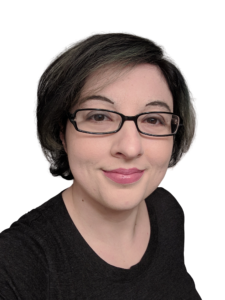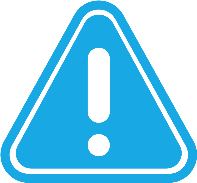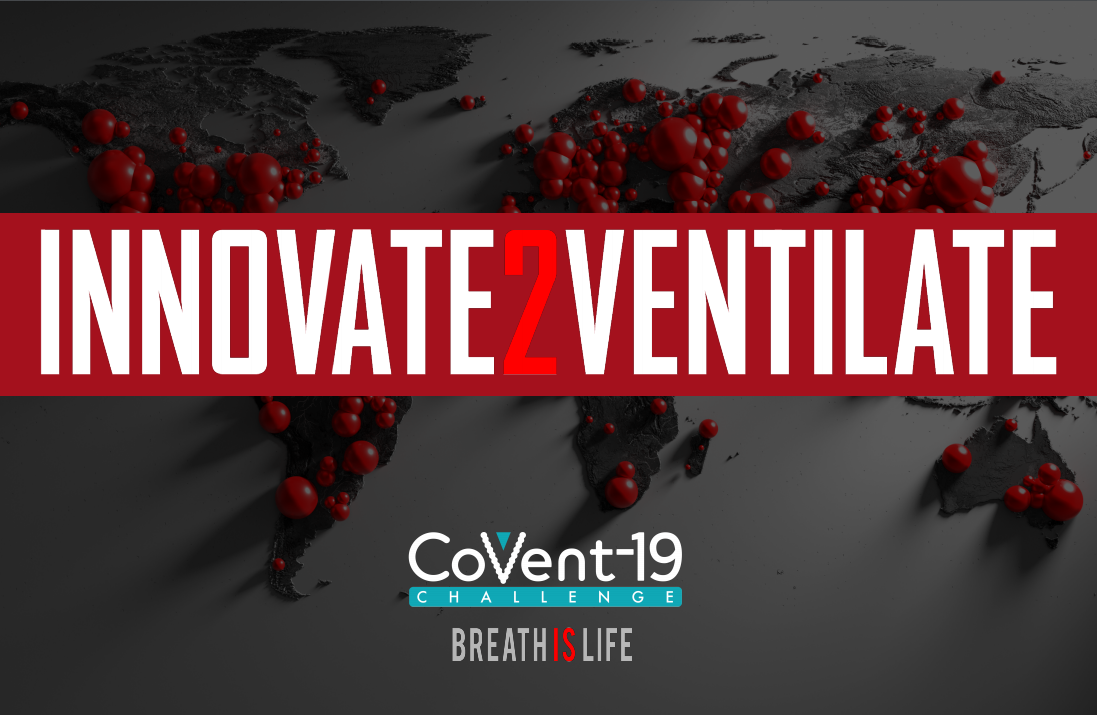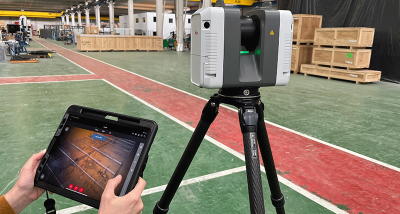As elective and non-essential surgeries were cancelled to free up hospital resources for critically ill patients, a group of anesthesiologists at Mass General Hospital (MGH) found themselves with a lessened workload, instructions to remain isolated, but a strong desire to help their colleagues deal with a serious problem looming on the horizon: a shortage of ventilators.
Ventilators are specialized mechanical systems that move air in and out of the lungs to deliver breaths to a patient who is having difficulty or is unable to breathe. As the COVID-19 outbreak has progressed, the availability of ventilators has drastically decreased. Currently, the United States has the capacity to ventilate 170,000 patients at one time, but the American Hospital Association predicts that 960,000 may require ventilators over the course of the outbreak – and that’s only in the US.
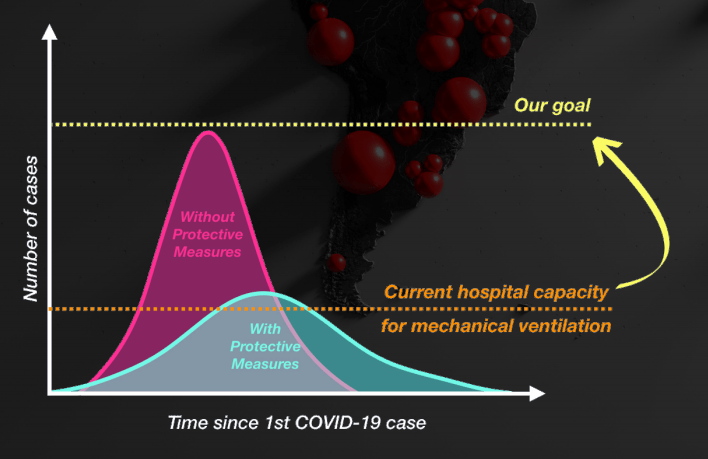
While there have been several news stories in recent weeks about innovative 3D printed valves or splitters, not every solution that has been rapidly developed necessarily meets the specific medical requirements of a ventilator or similar device. After watching these stories unfold with concern, and with a genuine desire to get involved to help the health crisis that COVID-19 has brought to the community, a group of anesthesiologists and anesthesia residents came up with an idea for a challenge guided by the medical community: The CoVent-19 Challenge.
Sarah Low, MD, heading up the public relations for this challenge, says that though there are innovations out there, not everyone has the medical knowledge to create something usable.
“As ventilation experts in anesthesia, we understand how serious the projected ventilator shortage is, but the lack of understanding was concerning to us” said Low. “For example, you can’t just split a ventilator and treat a patient with severe pneumonia, you’d need a lot of special parameters.”
Ramping up production from existing ventilator manufacturers will contribute to relieving the shortage, but quick solutions that can be rapidly deployed are especially helpful in hard-to-reach parts of the world. In a press release about the challenge, the flexibility and adaptability was stressed.
“The speed and severity of the COVID-19 pandemic requires urgent solutions that can be deployed globally, including in low-resource areas where standard mechanical ventilators may be challenging to obtain. We aim to augment our existing resources in a rapid and fluid way that enables us to expand and contract our resources to match the clinical needs around the world.”
Founder Richard Boyer, an Anesthesiology Resident at MGH, is uniquely qualified to lead such an effort, because he also runs his own medical device company (VoluMetrix) and has a decade of experience in medical device and safety testing.
The CoVent-19 Challenge aims to be a global, open invitation for interested designers, engineers and others to collaborate to create solutions for the urgent shortage of mechanical ventilators around the world. With an official kickoff announcement scheduled for mid-week, the 8-week challenge will create teams to participate in the challenge to finalize device designs by June. The CoVent-19 challenge will provide medical expertise and technical panels to evaluate team designs in a two-round format.
The Challenge already has the support of several 3D printing and design companies, including Stratasys, a 3D printing company, and GrabCAD, an online community and library for CAD model designers.
The Challenge is openly seeking participants that are engineers, designers, makers, manufacturers, distributors and physicians, and interested individuals, teams or companies can sign up on the challenge website, www.coventchallenge.com. Low urges anyone interested – regardless of their current field – to sign up to get more information.
“We’re looking for people that are interested in all sorts of things – we really think that ideas can come from outside of our field. We bring the medical expertise to the table, but we need everyone who isn’t biased by what we see everyday to come up with something new.”

